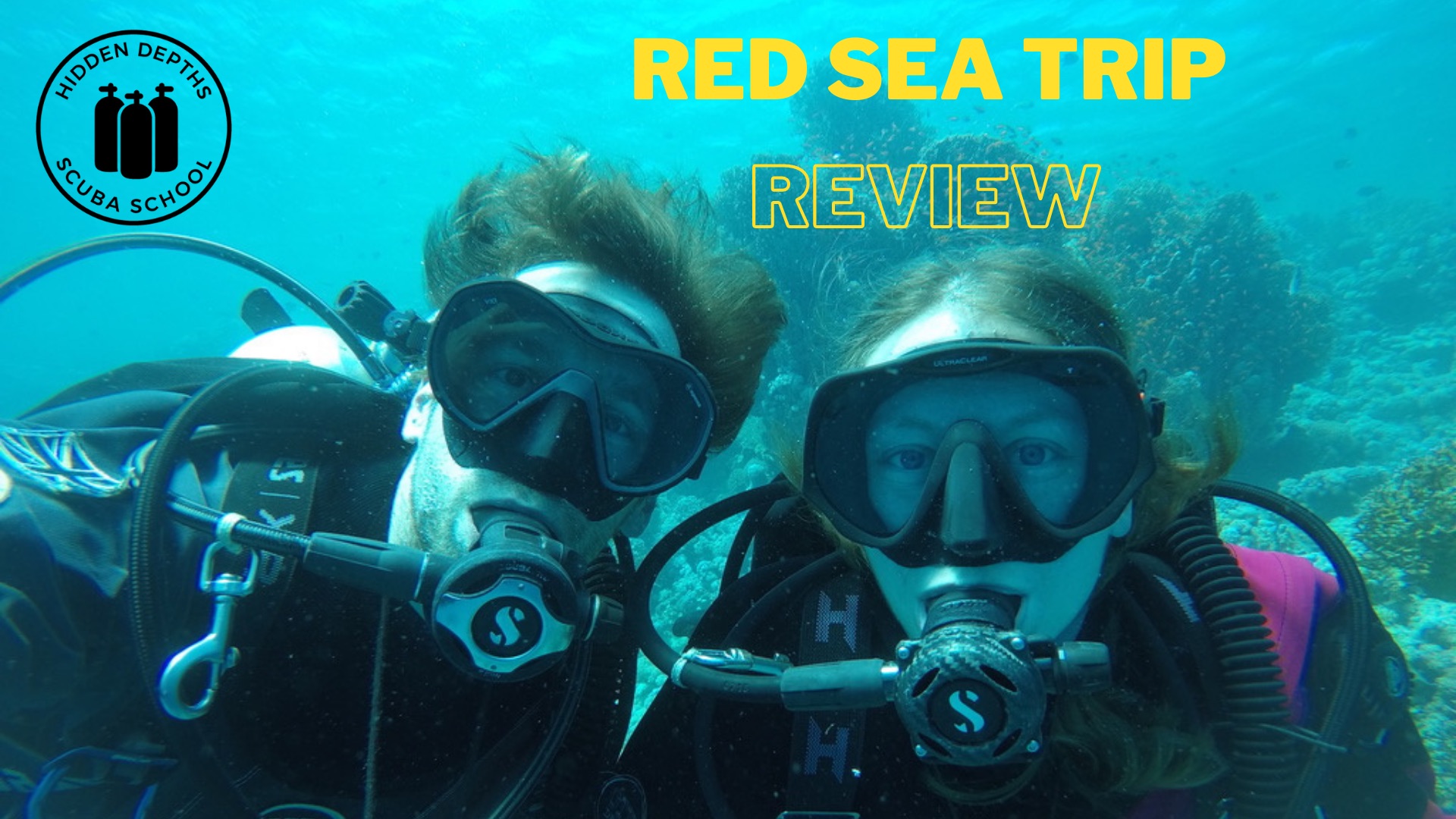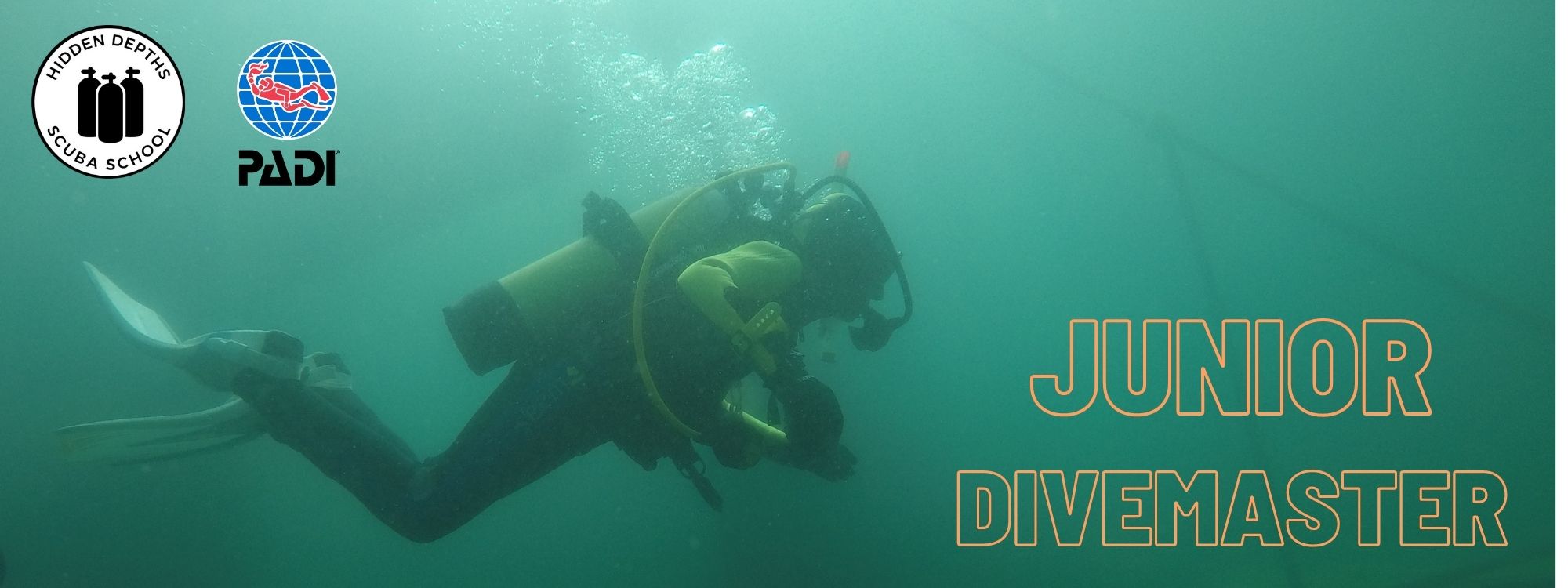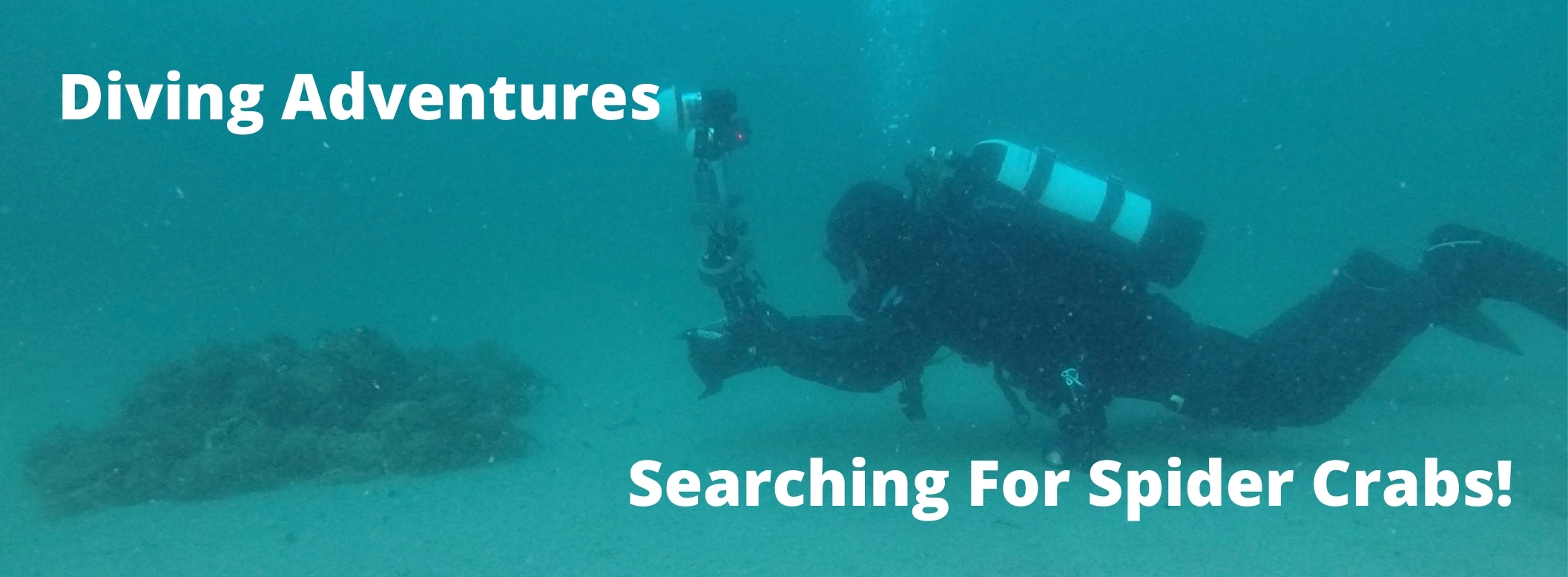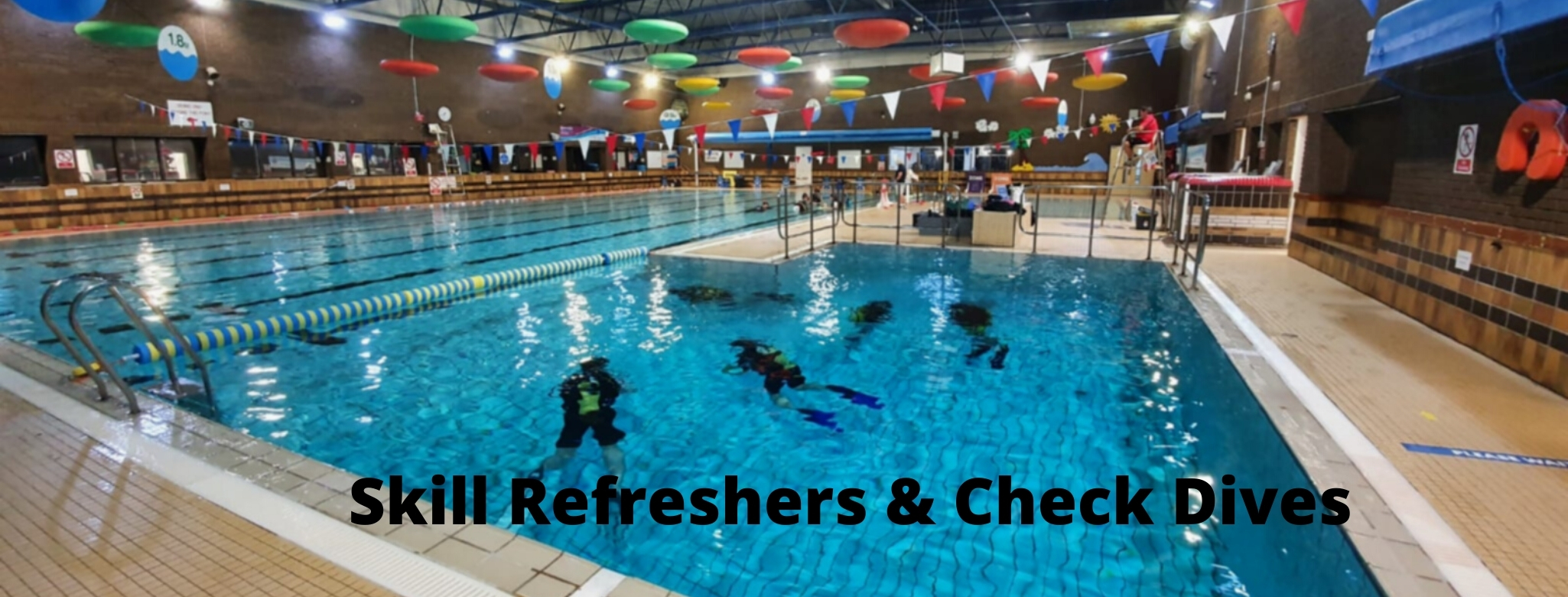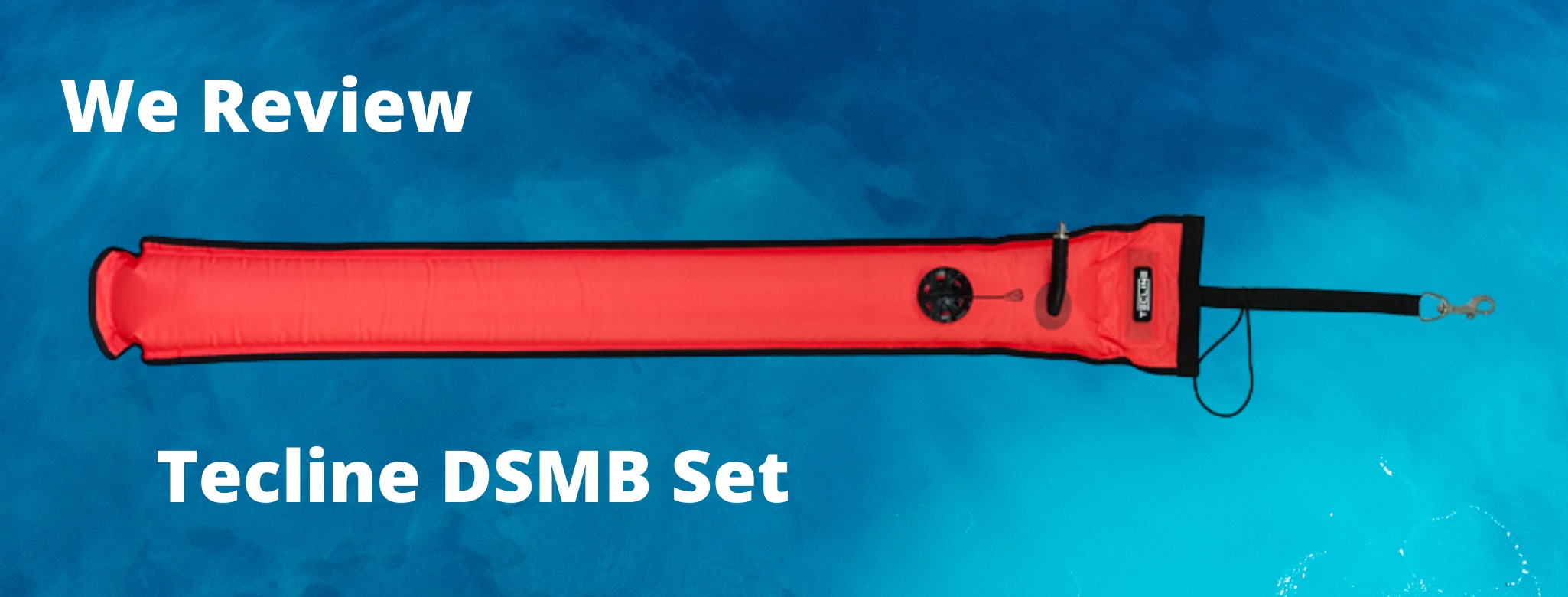You have 0 product(s) in your cart.
Are You Thinking About Uk Diving?
Are you one of those folks who grew up on The Wonderful Undersea World of Jacques Yves Cousteau, perhaps watching modern-day Blue Planet 2 with the incomparable Sir David Attenborough or just taking in YouTube and Facebook posts of tropical diving?
You might be forgiven for thinking that diving is mainly something to be done in warm clear waters, and perhaps only enjoyed there…
Well, as a self-confessed tropical (only) diver for 16 years, I was definitely a temperate diving avoider. I was possessed of many of the misconceptions about diving in northern Europe that perhaps many have; nothing to see, just muddy, cold and unpleasant, only middle-aged men of a certain profile do that. Then something changed. I loved diving but found that I was now living in the UK and unless I got into UK diving, my diving career would be confined to occasional tropical trips only.
So, I gave it a go and in all honesty, have never looked back. To be fair, I still enjoy diving in the tropics, especially with my daughter who has not quite seen the light yet of diving in the UK (I keep trying but kids, do they listen?). However, my eyes have been well and truly opened.
In the hope that this article might stimulate some thought and questions that you may have, here are some of the things we love about UK diving at Hidden Depths.
CLUB ENVIRONMENT
Often “clubs” might give the impression of an exclusive group of like-minded people. However, what I like is our inclusive nature. On our club trips, we have people of all abilities, from open water divers to technical instructors who enjoy the more challenging and rigorous dives to less accessible dive sites. However, the key for me is that everyone is looked after and included in the activities. New divers are not left alone to “get on with it” but are generally teamed up with an experienced diver/staff team member to ensure they have a safe and enjoyable dive. As one dive boat operator recently said, “I love having you guys along; you’re good fun, you can dive and you look after each other”. Personally, I take this as a big compliment, recognising the culture of both the staff and leisure diving team at HDSS.
The staff team are always looking to improve their skills, not only through taking further courses and training but through the peer-led informal training sessions that take place almost every month. All divers within the club are supported to improve their skills, practice them and continue learning.
Overall the culture is one of safe diving and I cannot really stress this enough. We have a lot of fun on our trips and teaching sessions but we take safety seriously. I have experienced several situations whereby a diver decides to abort a dive, or simply not go diving that day/time and there’s simply zero negative peer pressure. In fact, the reverse, calling a dive because something does not feel right is applauded as making a good call. Support amongst the dive team is solid and safety focused.
DIVE SITES
Depending on what your “thing” is on a dive, there’s something for everyone. For students and casually interested observers of history, there’s a very rich maritime museum around UK coastal waters. A multitude of wrecks from the middle ages to quite recent. The two World Wars have provided a significant number of dive sites, often with interesting history attached. Merchant shipping losses add to the plethora of wrecks to see, as do occasional sites which are deliberate sinkings, such as the HMS Scylla off Plymouth.
The marine life is quite vibrant, from nudibranchs to larger marine mammals. The Farne Islands, Isles of Scilly and Lundy Island trips offer the chance to interact with seals. Wrecks house crustacea (lobsters, crabs and shrimp) as well as attracting fish, and there are no better places to look for conger eels than within pipes and amongst steel plates on a wreck. Divers with a keen eye can also spot rarer marine animals such as octopus or cuttlefish, with our Isle of Man trip a particularly good one for such camouflaged critters.
DIVE ALL YEAR ROUND
Properly kitted out (see our blog on Dive Suits), there’s no reason why diving in the UK can’t be a 365 day/year activity. For many of us, it is. Warmed by the Gulf Stream, the southern coastal waters of the UK do not drop below 7C, warmer than inland waters in February. Cooler temperatures mean fewer algae in the water so when we’ve had a few days of calm, often the visibility in winter can exceed that of summer months. Plymouth in January this year was a great example of this, with visibility in excess of 10m around the Eddystone Lighthouse – simply stunning.
BETTER PREPARED FOR THAT NEXT TROPICAL DIVE
For those diving regularly in the UK, skills and equipment preparation is bound to be better than diving once or twice a year on holiday. Certainly, dropping onto a tropical reef is still lovely and with the benefit of regular practice in the UK, your diving is likely to be even safer and more enjoyable. Not to be overlooked is the confidence to challenge behaviours and decisions of your chosen dive operator when it may veer towards leading you into an environment you may not be comfortable, trained and competent with.
SO, WHAT ARE YOU WAITING FOR?
WRITTEN BY ROBIN, PADI MSDT

